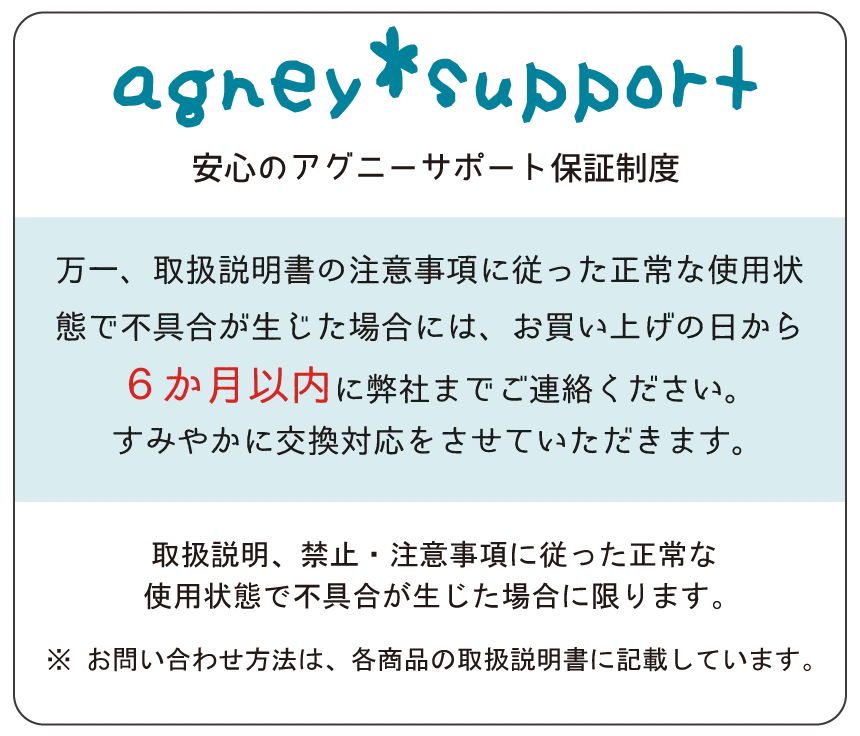Using natural materials means harnessing the power of nature. Our mission is not only to choose materials that are kind to children and the environment, but also to create better products that can be cherished and used for a long time, rather than being disposable.

With the liberalization of lumber imports, the price of domestic lumber has fallen, and forests have become degraded as forest maintenance costs such as thinning and reforestation costs after felling cannot be raised. The number of forestry workers has decreased by 70%, and Japan's forestry industry is rapidly declining due to the aging population. When thinning is insufficient, the trees become thin and the quality declines, which creates a vicious cycle in which the demand for imported lumber, which has a stable supply, increases. Furthermore, insufficient thinning prevents sunlight from reaching the ground, and the ground where undergrowth does not grow becomes more susceptible to landslides due to heavy rain. Currently, there is a sufficient amount of tree stock in Japan's forests, so as a "sustainable natural resource utilization" that maintains a balance between felling and reforestation, and also to revitalize Japan's forestry industry, agney* will focus on manufacturing tableware, toys, miscellaneous goods, etc., which are easy to control the production volume of!!

Japanese maple (mainly from Itaya, Hokkaido) is a wood that is often used for stringed instruments such as violins and guitars, which require delicate and precise processing, and has just the right strength for toys.


Like bamboo, rubberwood grows in hot climates such as South America and Southeast Asia, and like bamboo, it grows faster than other woods! Rubberwood is also known as the "rubber tree," and its sap is the raw material for making rubber. Wood that has had its sap taken many times was previously discarded in large quantities because it gradually stops producing sap, but now it is effectively used for tableware, furniture, and other items, and has become famous as an "eco-friendly material."


Nakayoshi Shoji Group, the parent company of Agny, began researching and developing bamboo products in 1988, and currently owns and cultivates 1.5 million bamboo forests in Jiangxi Province, China. Moso bamboo grows rapidly over a very short life cycle of 3 to 5 years. Moreover, it spreads by "underground stems" that spread underground, so there is no need to replant. Of course, there is no need to use pesticides or chemical fertilizers to speed up growth. Bamboo is a revolutionary natural resource that can be used efficiently and repeatedly with minimal land use. It is one effective way to utilize resources and stop deforestation, which is one of the causes of environmental problems and global warming.


All Agni fabric products are made from organic cotton. Compared to conventional cotton cultivation, which uses huge amounts of chemical fertilizers and depleting agents, organic cotton is grown on farmland approved by certification agencies and adheres to strict standards, making the cultivation process more friendly to people and the earth. As more people actively use organic cotton, consumption and cultivation volumes will increase, reducing the use of pesticides on earth and helping to protect the vast natural environment and farmers.








